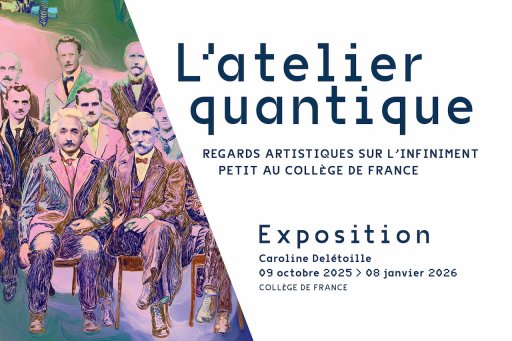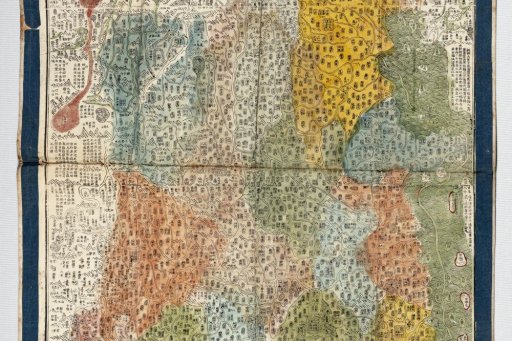
Former director of the Institute of Korean Studies (1992-2002) and a leading figure in Korean studies in France.
The Centre d'études coréennes (formerly the Institut des études coréennes) informs you of the death of Mr. Marc Orange, research engineer at the CNRS, which occurred at the end of February 2023, and shares his deep sadness with the colleagues and staff of the Collège de France who knew and appreciated his human and professional qualities. He worked closely with Professor Li Ogg (1928-2001), the first Director of the Korean Studies Centre at the Collège de France (1970-1994), and then succeeded him as Director of the research center on the5th floor of the Cardinal Lemoine site for ten years (1992-2002). He was instrumental in bringing to life two major collections dedicated to Korean studies: the "Cahiers" and "Mémoires" of the Institut d'études coréennes. He also organized a number of international academic events on Korean literature, in which he was a specialist. The position he took on with seriousness and diligence at the Collège de France crowned an already rich career that began in the early 1970s at the CNRS, at a time when Korean studies were a new specialty in academic, university and research institutions. He played a pioneering role alongside the rare specialists of his generation, Professors Li Ogg and Daniel Bouchez (1928-2014), and was a lecturer at the University of Paris 7 (between 1971 and 2002), where he helped train the generation of "Koreanologists" who are now coming of age in the French academic world. Marc Orange's scientific rigor and curiosity were early nourished by his multiple training in public law (D.E.S in 1964 at the Paris Faculty of Law), Chinese language (licence at the Sorbonne in 1967) and Korean literature (doctorat de3e cycle in 1970 at the Sorbonne). In addition, he put his passion for photography at the service of the memory of Korean studies in France and Europe, covering small and large academic events that testify to the rapid and remarkable development of humanities and social science studies on Korea. His meticulous work in compiling diplomatic archives was published in two volumes in the "Mémoires du Institut d'études coréennes" (Volumes VII-1 and VII-2), in 1987 and 2013 respectively, testifying to his consistency and meticulousness. Marc Orange's work at the Collège de France's Cardinal Lemoine site dates back to a time when Korean studies received particularly generous treatment from the institution. He always greeted colleagues, students and foreign visitors with a kind smile, in a vast office offering a breathtaking view of the Fifth Arrondissement. In addition to the capital's rooftops, his guests would leave impressed by the large shamanic painting he had hung on the wall, giving a Korean color to the very Parisian décor. It's impossible to describe here the full range of activities he undertook to support the development of Korean studies, of which he was a tireless and dedicated contributor for half a century. In 2013, South Korea awarded him the Sejong Cultural Prize for Lifetime Achievement. His kindness and humor earned him a vast network of friends in France, South Korea and Europe. So it is not only as a colleague, but also as a dear friend that we pay tribute to him.









